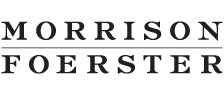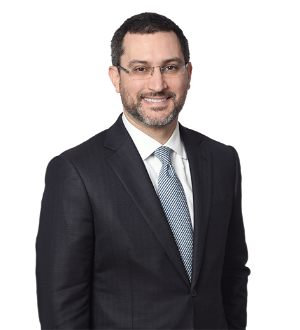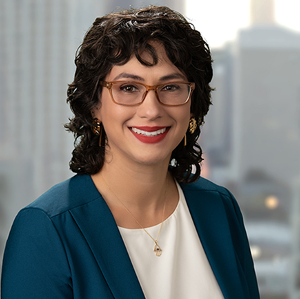Best Lawyers in Georgia, United States for Technology Law
Practice Area Overview
Practitioners ranked in this area have demonstrated expertise in both intellectual property and commercial law, as well as knowledge of industry best practices. Business acumen is also needed as technology attorneys frequently assist clients in establishing the core business terms of the deal in addition to advising on intellectual property rights allocation, licensing terms, warranties, indemnities, and the like. Technology attorneys often actively assist clients in creating new business models.
Key factors to consider in engaging an attorney for a technology transaction or consultation are background in the relevant industry segment, expertise with the type of intellectual property rights involved, familiarity with the implicated technologies and their evolution, and experience with party on the other side of the deal. A technology attorney can be expected to quickly develop an understanding what assets are most valuable to a client, what synergies the client expects to achieve through the deal, and a negotiation strategy that takes these into account.


Our Methodology
Recognition by Best Lawyers is based entirely on peer review. Our methodology is designed to capture, as accurately as possible, the consensus opinion of leading lawyers about the professional abilities of their colleagues within the same geographical area and legal practice area.
The Process
Best Lawyers employs a sophisticated, conscientious, rational, and transparent survey process designed to elicit meaningful and substantive evaluations of the quality of legal services. Our belief has always been that the quality of a peer review survey is directly related to the quality of the voters.




























